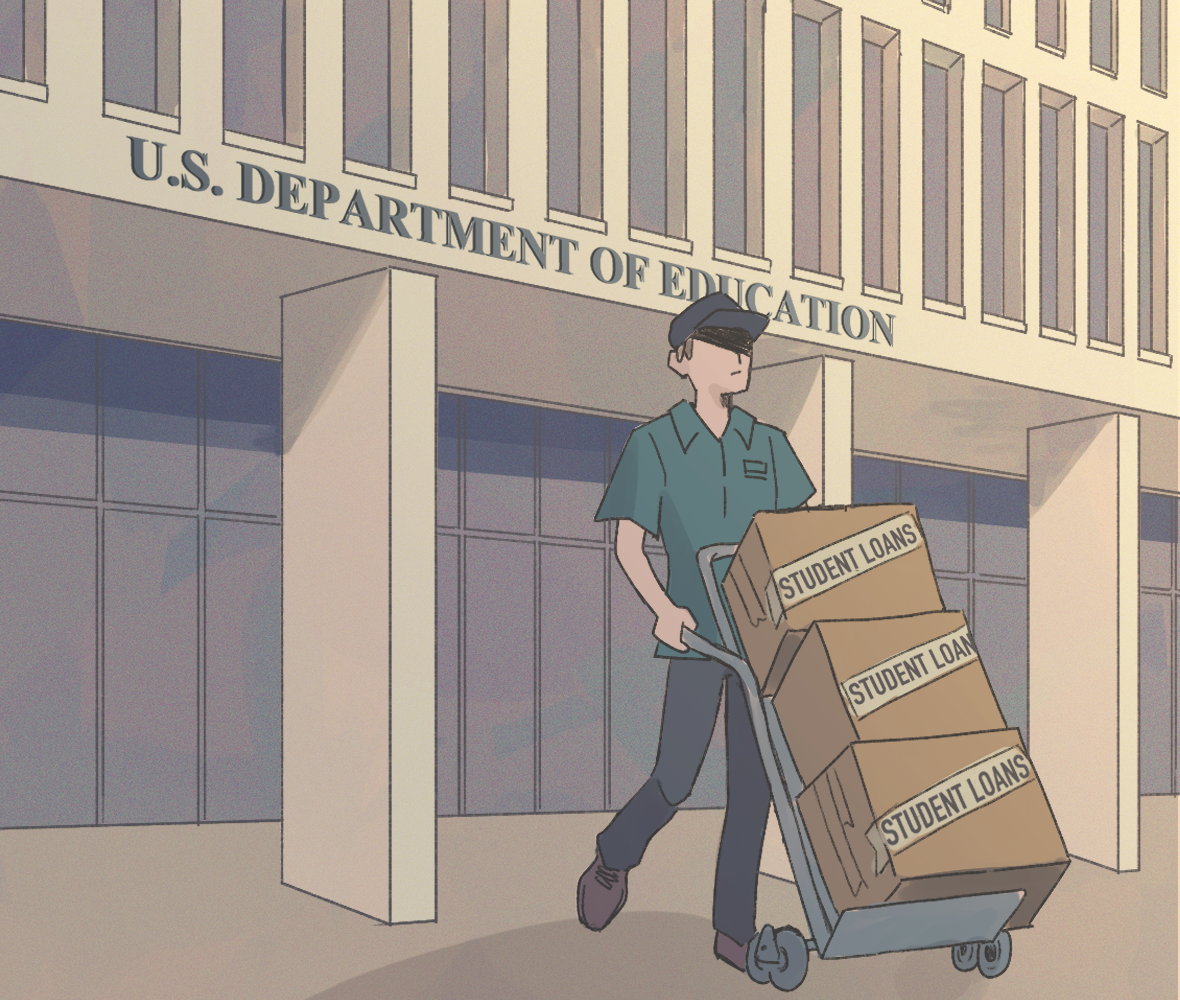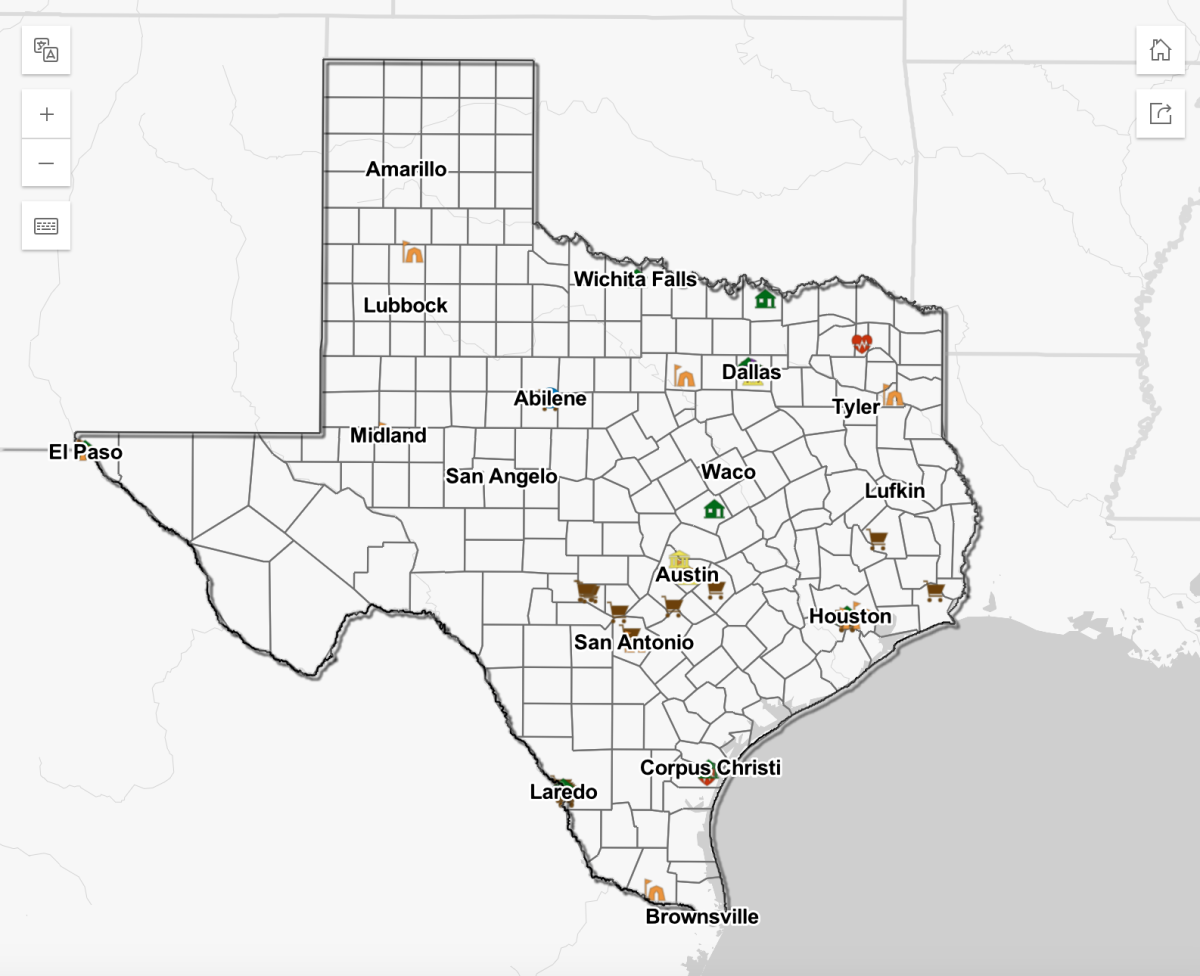UT alumnus Zareef Chowdhury, the marketing and events coordinator for Austin bookstore BookPeople recalled an event about a year ago when a co-worker attempted to help a customer locate a book.
Chowdhury said his co-worker googled furiously to find the book, but there were not enough details. Chowdhury decided to use ChatGPT, an artificial intelligence chatbot, and entered the few clues the customer had given.
“It instantly clocked what the book was,” Chowdhury said. “I think us three had a silent moment of shared terror that this could replace everything and everyone.”
However, BookPeople United, a labor union composed of BookPeople employees under the Office and Professional Employees International Union Local 277 chapter, have made strides against labor replacement.
BookPeople United reached a tentative contract agreement on March 22, in which management agreed on several conditions, including the prohibition of replacing any employee or position with AI. The union unanimously approved the contract on April 3.
The fear of AI replacement is not uncommon, according to a 2023 American Psychological Association survey conducted about work in America. Nearly 38% of United States workers are worried AI may assume control of some or all of their job duties.
“Making sure that we’re protecting jobs through this transition into this new tech world is the most important thing we can do,” said Tara Pohlmeyer, the director of communications for the Texas American Federation of Labor and Congress of Industrial Organizations.
The federation is an umbrella organization representing various unions in Texas, such as the Office and Professional Employees International Union and the Texas State Employees Union, which has nearly 10,000 members from nearly every state agency and university. Pohlmeyer said the contract negotiations are important for worker protection against AI replacement.
“It’s setting a standard for a lot of other unions that workers at BookPeople were able to get this into their contract,” Pohlmeyer said.
Kenneth Fleischmann, professor in the School of Information and the founding chair of Good Systems Ethical AI at UT, said that Good Systems is looking at issues of AI and employment from the perspective of workers. He said a lot of this comes down to ensuring control for workers.
“In most cases it’s the employer that chooses the terms of use of technologies like AI in the workplace,” Fleischmann said. “The major exception to that is through collective bargaining, workers being able to work in solidarity and forming a union … and being able to negotiate work conditions that give them more control over the use of AI.”














